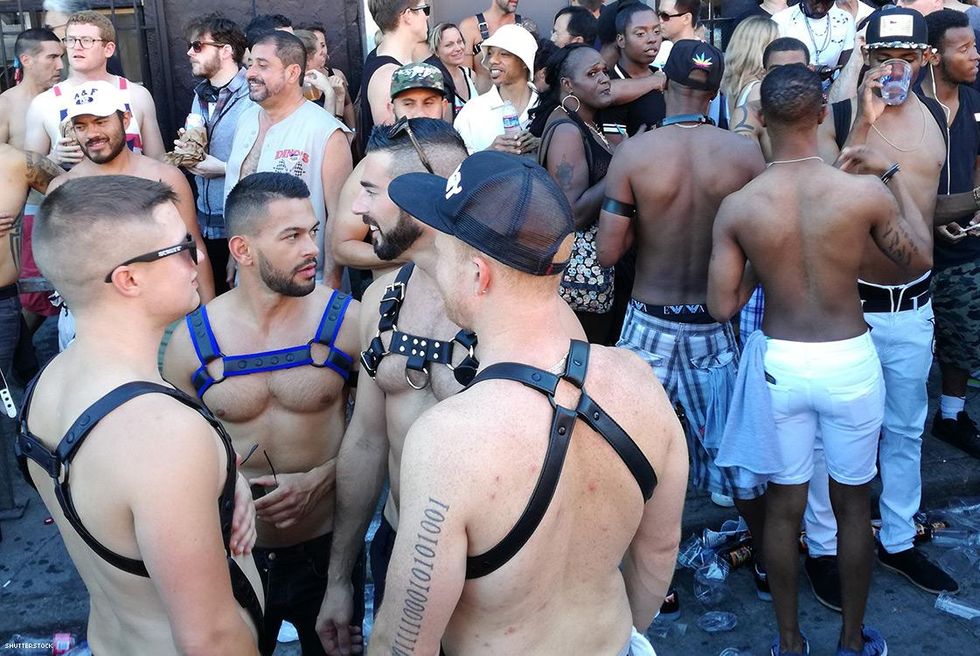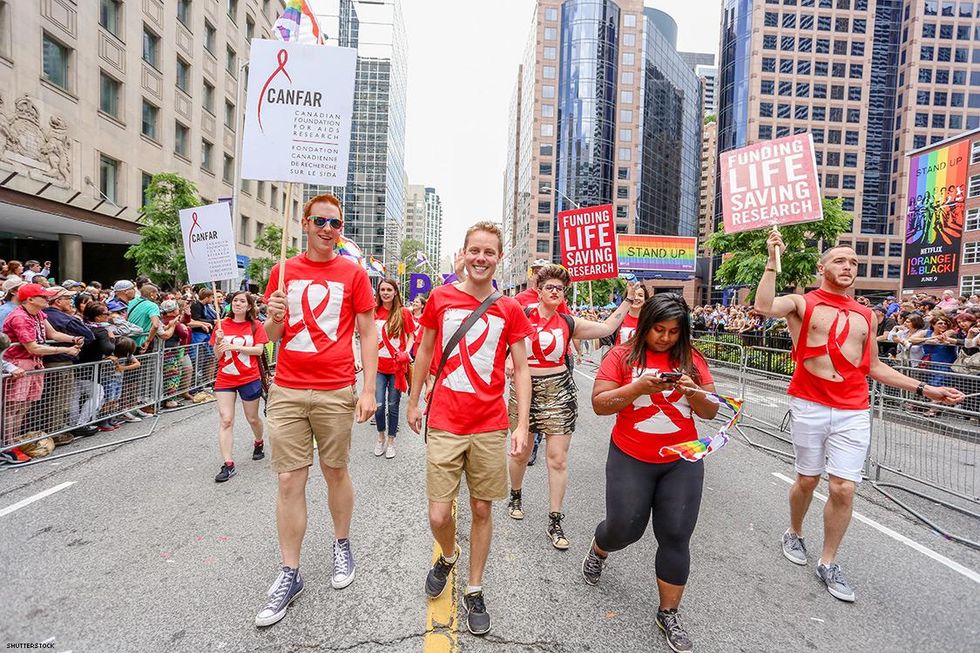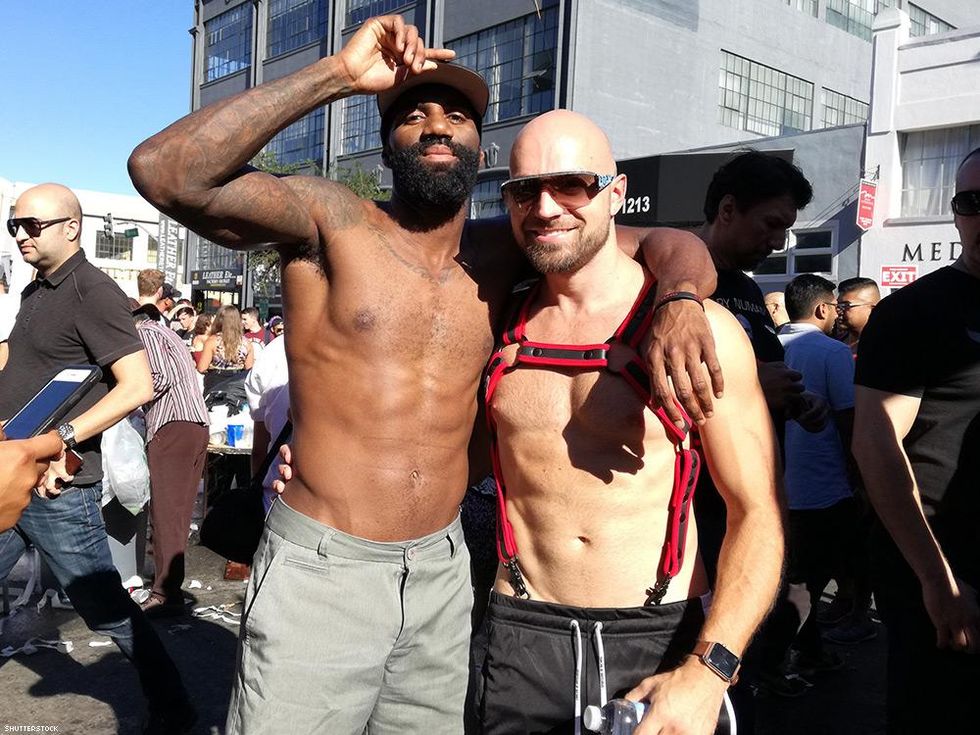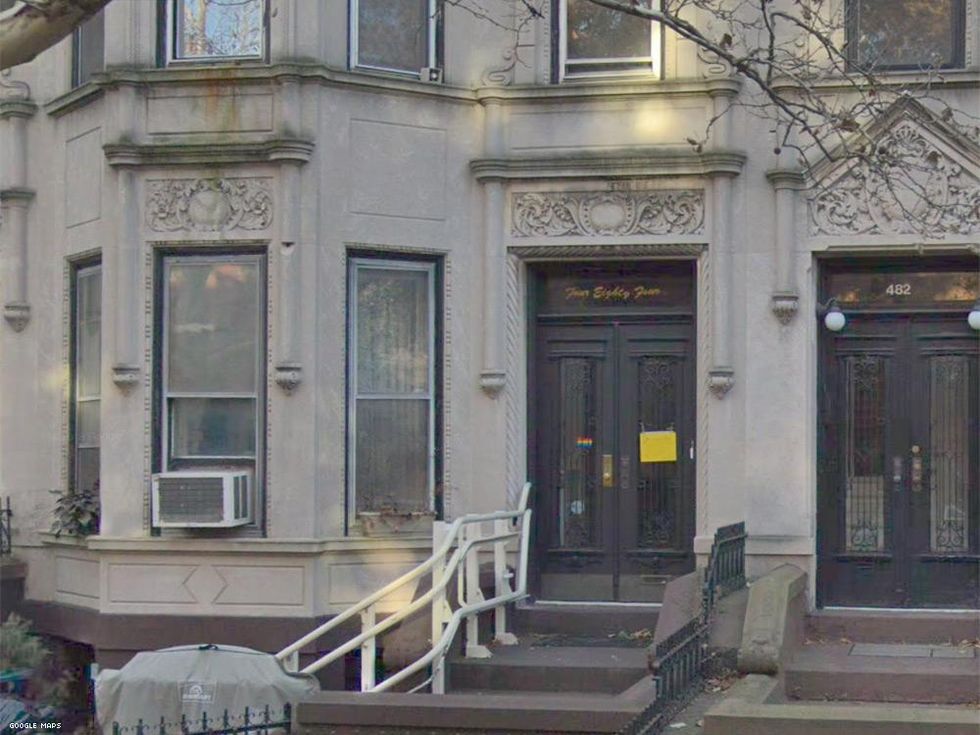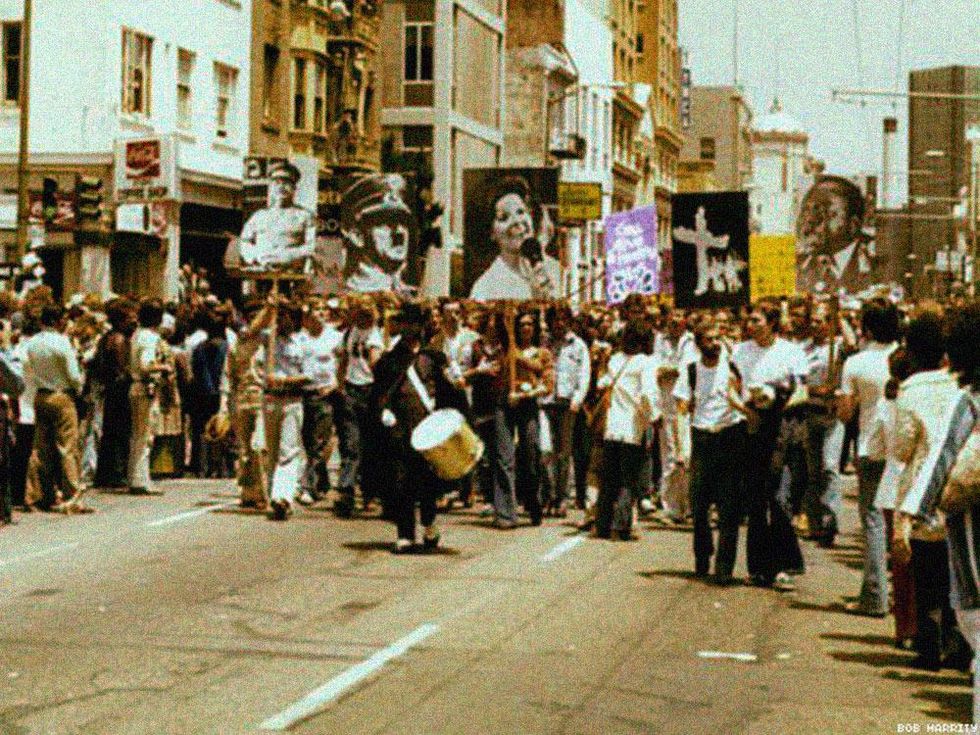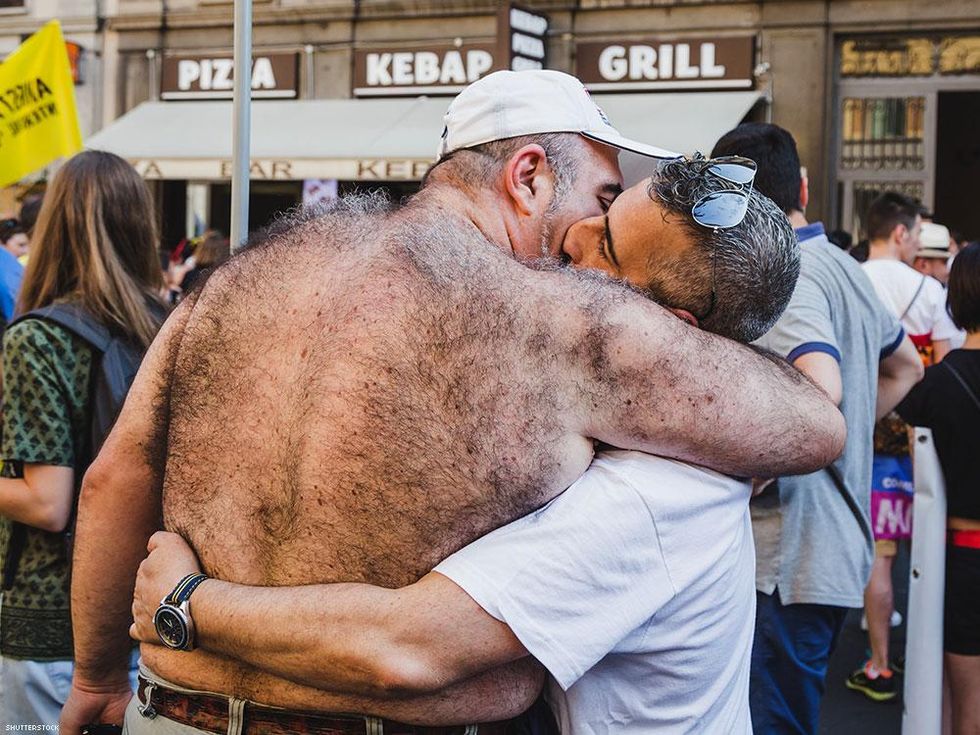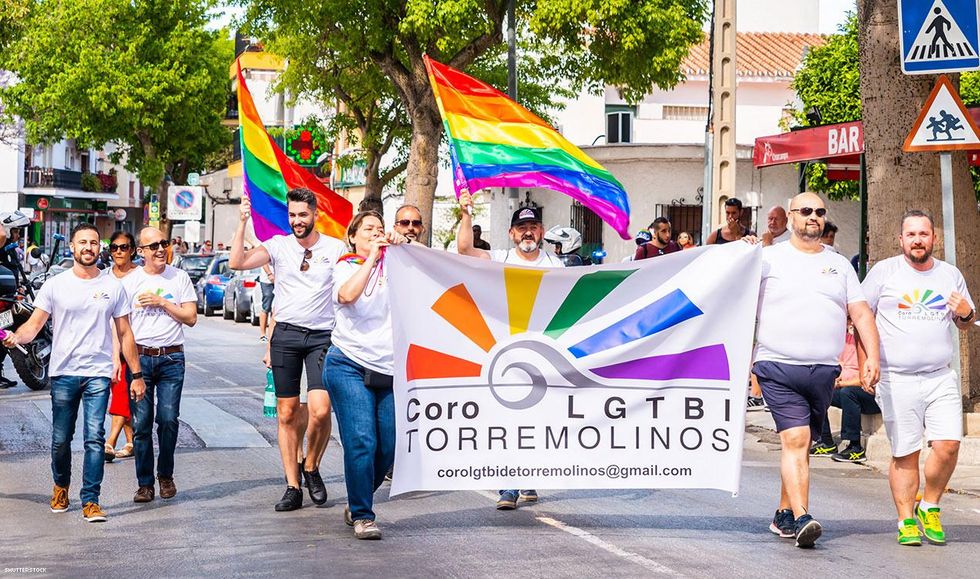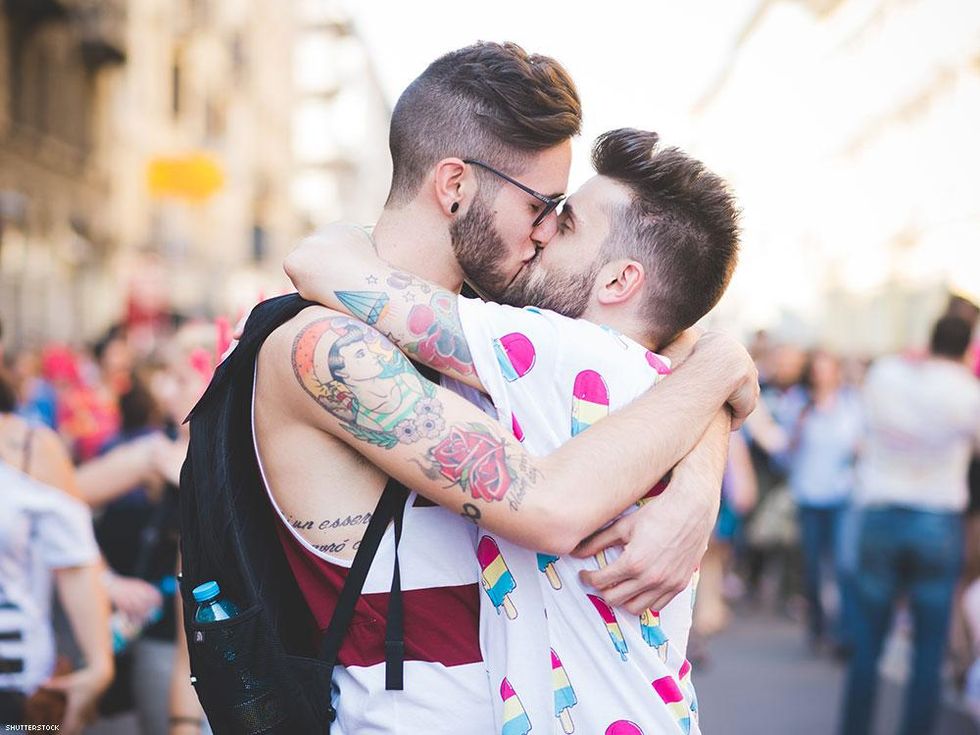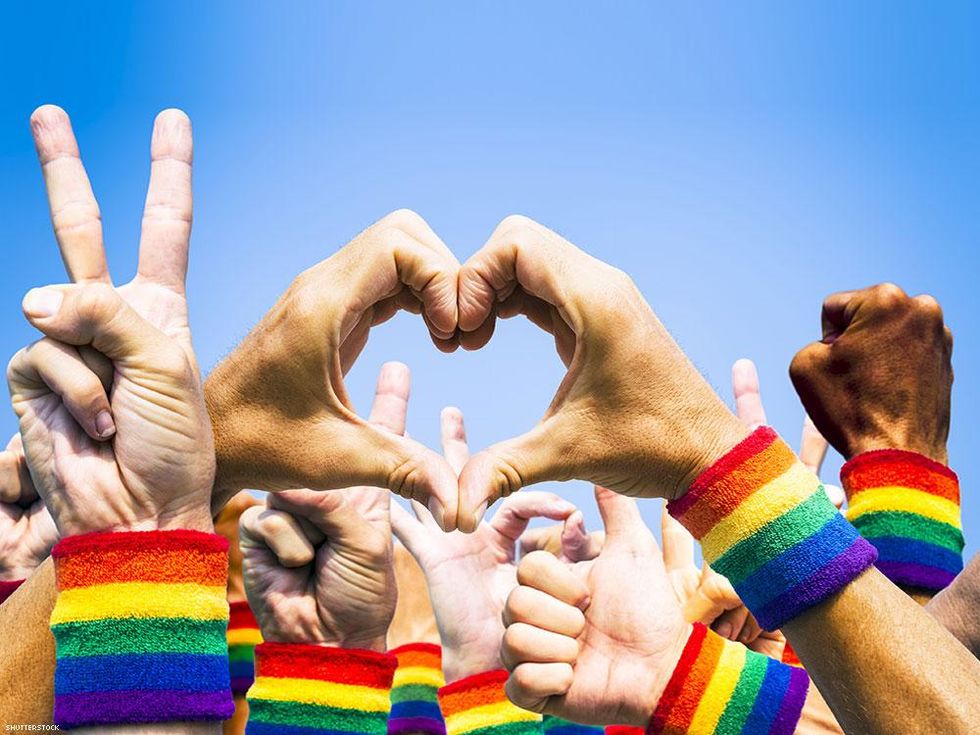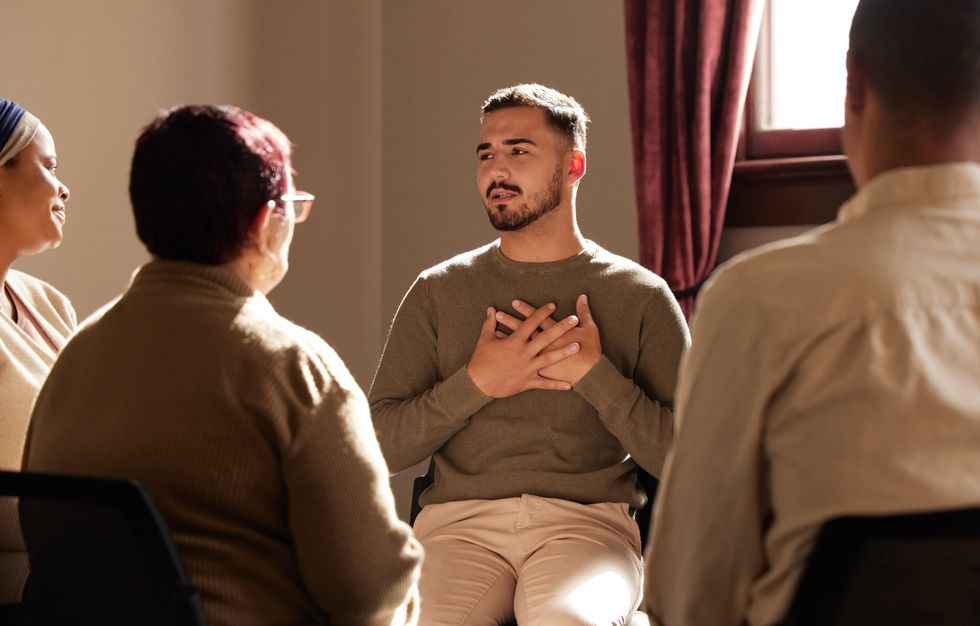Although I'm a black person who was assigned female at birth, I recently realized that I didn't completely identify as a woman after being exposed to narrow views of how a black woman should be. At the same time, I couldn't completely let go of being a black woman because I've come to embrace femininity and relate to some cisgender black women. Although I'm now aware of my identity as nonbinary demigirl, it is only recently that I started to feel like my gender identity is valid.
Gender identity is something that people are just starting to wrap their heads around. Transgender and nonbinary people have only recently begun getting representation through people like actress Laverne Cox, shows like Steven Universe, and movies such as Tangerine. There are also helpful sources of information, including Trans Student Educational Resources, Life Outside the Binary, and Gender Wiki, for transgender and nonbinary people figuring out their identities and how they impact their lives.
Given that the concept of gender identity is so new to some people, I had a hard time believing that my gender identity was valid. One reason I felt this way was the scarce and problematic representation of nonbinary people. On Steven Universe, the nonbinary characters are aliens called Crystal Gems and sometimes Fusion Gems. This is similar to how Marvel Comics made alien character Xavin and trickster god Loki gender fluid. As exciting and inspiring these characters may be, depicting nonbinary characters as aliens or anything other than human suggests that being nonbinary is different and strange.
On top of the problematic representation, there is also the fact that some people associate being nonbinary only with white people. Transgender and nonbinary people of color such as Marsha P. Johnson and Carlett Brown are trailblazing historical figures, but their contributions are often erased. Some people also don't consider that certain cultures have a third gender, such as two-spirit people in Native American culture and hijras in South Asian culture.
As important as transgender and nonbinary history and culture are, they are different from life as a modern day black nonbinary demigirl in the United States. The lack of contemporary representation made me think that no one shared my experiences and identity. One day while browsing Twitter, I saw an essay in my news feed that jumped out at me. The essay was titled "Why I'm Non-Binary But Don't Use They/Them" and was by a black nonbinary writer named Ashleigh Shackelford.
As I read the essay, I found myself nodding at certain sentences as the author recalled her struggles with gender, blackness, and fatness. When I read about her being considered an "it" or a "boy" due to her race and weight and having her gender performance policed by adults, I saw myself. Then I read why she preferred "she/her" pronouns and identified with black womanhood, and felt my own pronoun preferences were OK to have. By the time I finished the essay, I felt a little more comfortable with my gender identity than before.
A month after reading this essay, I discovered another essay, called "Gender Nonconformity as Peak Blackness," by Jayy Dodd, a writer and poet. The moment I read the first paragraph, I was spellbound. Their writing read like a poem, showing me the beauty and ugliness that came with being genderqueer and black. "My gender is a tank made of sugarcane and saltwater," they write. "My gender is boyish wonder and womanly strength." As someone who reads and writes poetry, I could easily appreciate the author's writing style, hoping that one day I could be as proud of my gender in a poem.
After the first paragraph, Jayy Dodd goes on to discuss how the gender binary and racism affect black men and women who are cis-het and queer. Ultimately, it's a brilliant discussion of why genderqueer black people must thrive despite the oppression they face and why all black people must acknowledge and respect each other's experiences. This powerful essay made me realize that I must tell the story of my own gender identity so I could start feeling free enough to live my truth.
Soon after reading Jayy Dodd's essay, I reached out to the site Black Youth Project about writing an essay about how femmephobia and the gender binary influenced my gender identity. With the help of a great editor who encouraged me to explore my experiences, I wrote a piece that was titled "How Femmephobia and the Gender Binary Caused Me to Hate Myself." When the piece was finally published, I felt a sense of pride and relief that I had processed my experiences and put them out there.
When people say representation matters, they are usually talking about fictional representation. There is always room for improvement with fictional transgender and nonbinary representation, because we deserve to be seen as human beings and be heroes. Yet personal essays have also provided a way for genderqueer people like me to see themselves. By telling true stories of our struggles, discovery, and pride, genderqueer people can give each other the representation they need and know they are not alone.








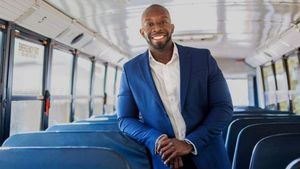
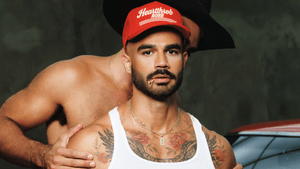

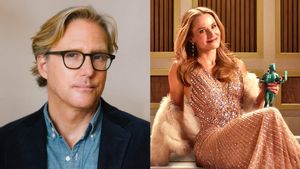


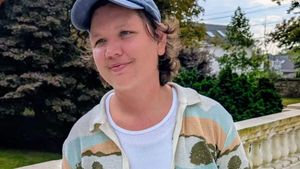



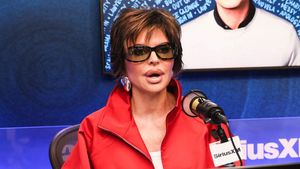











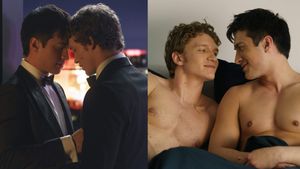

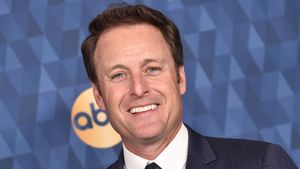











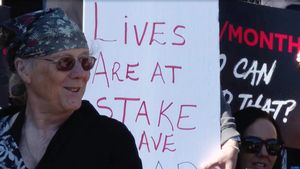

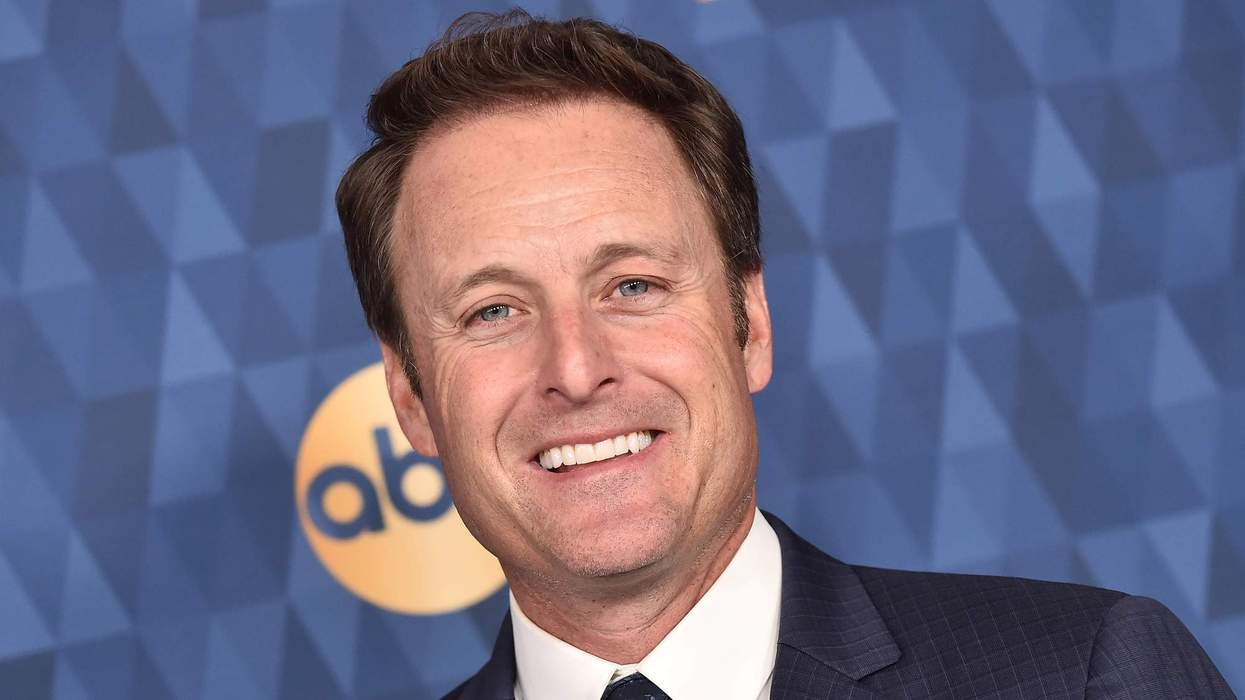
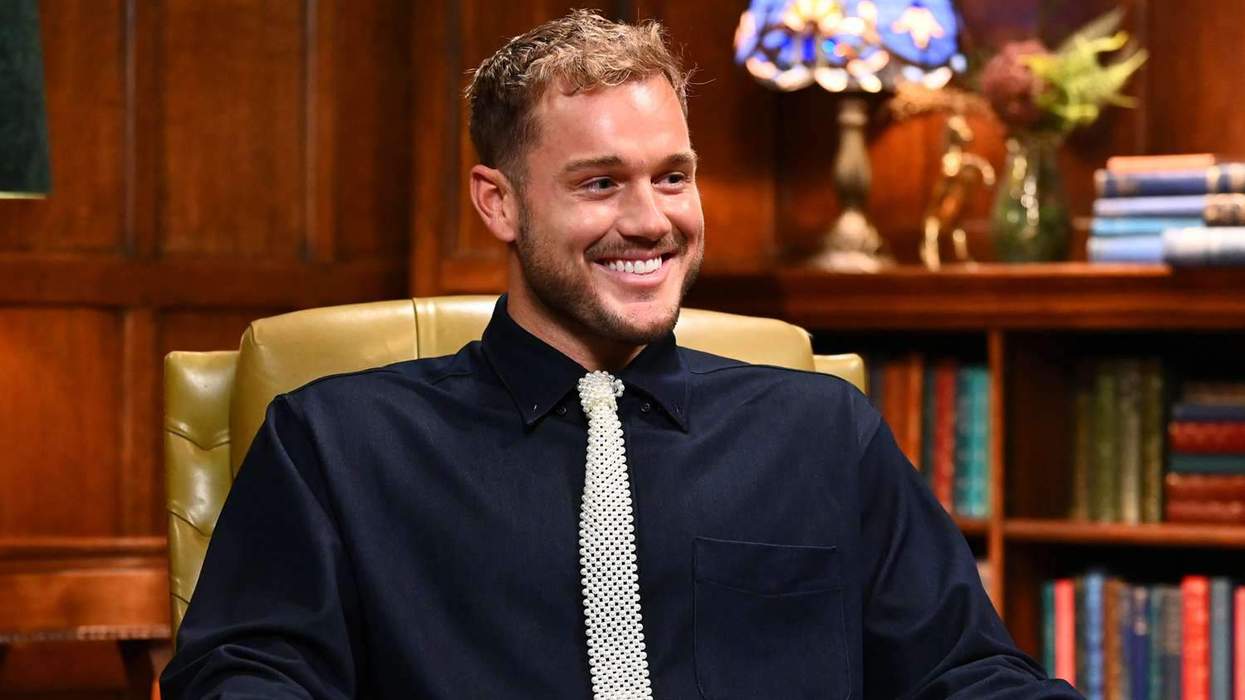

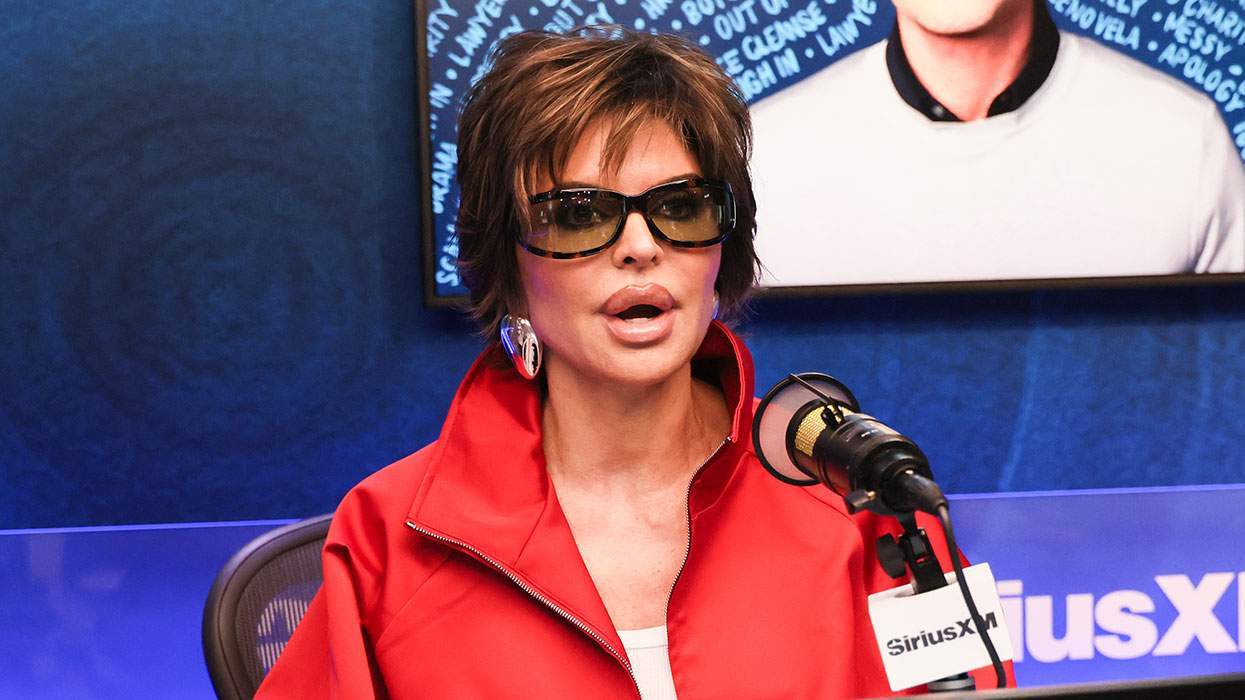

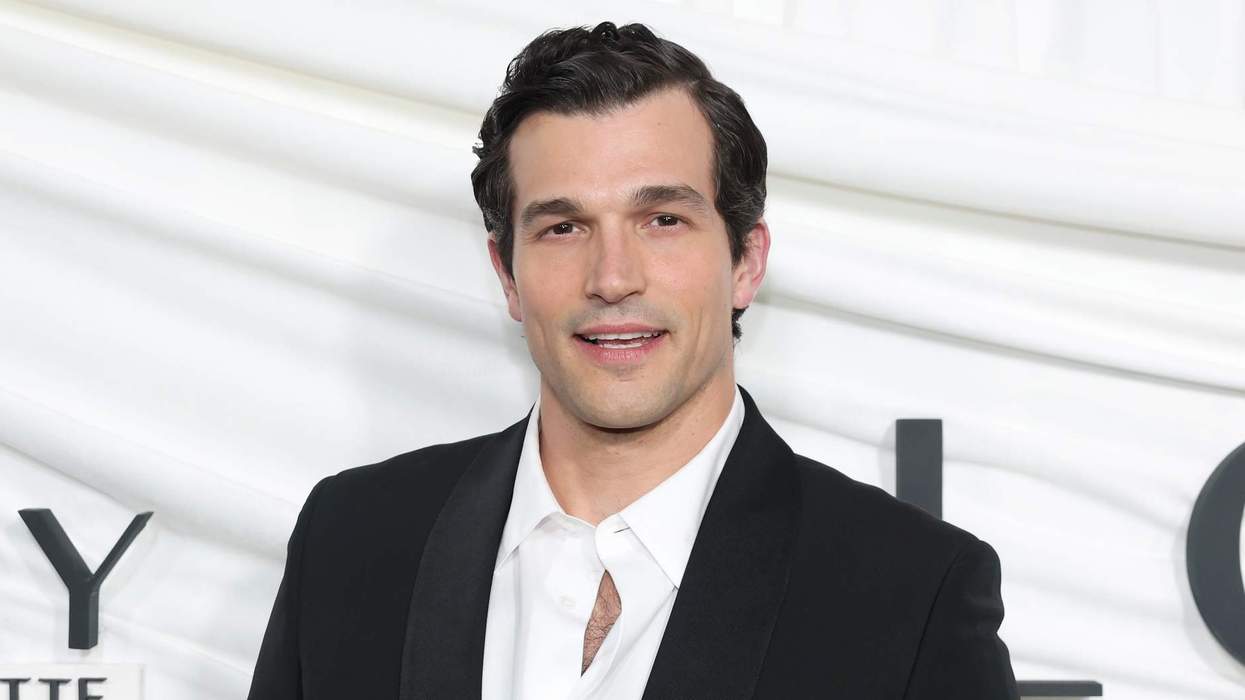

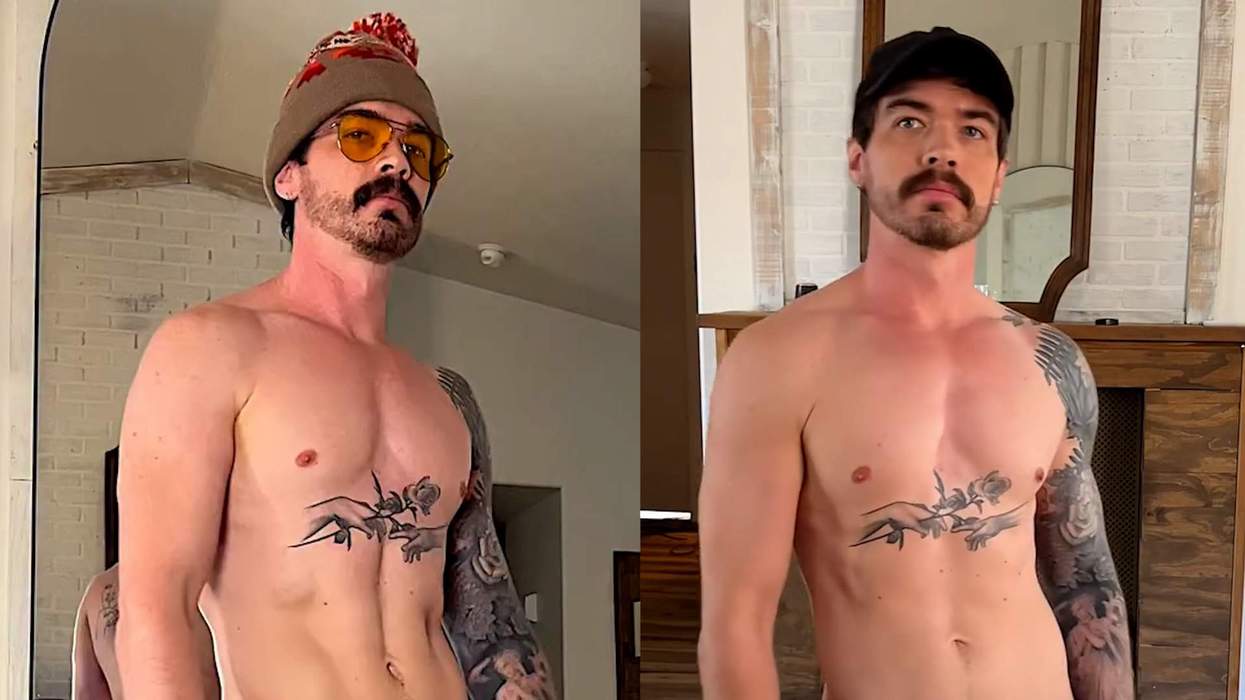


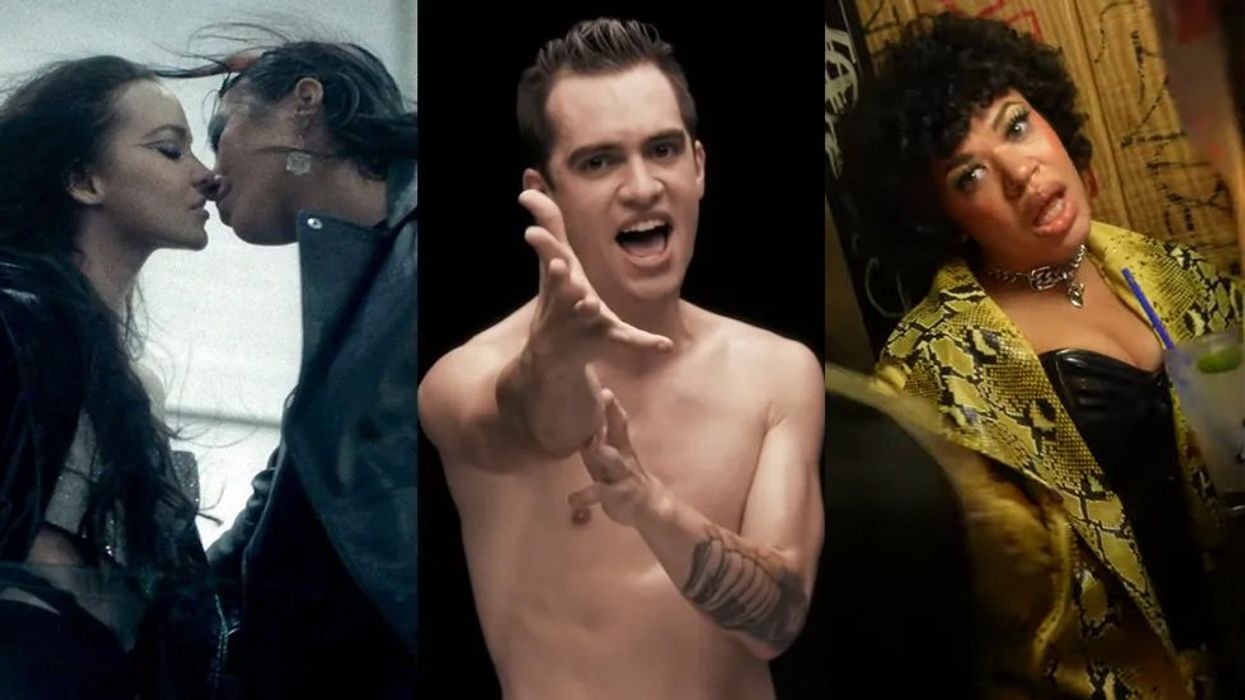
 35 bisexual pop anthems we have on constant repeatYouTube.com/Binoy
35 bisexual pop anthems we have on constant repeatYouTube.com/Binoy


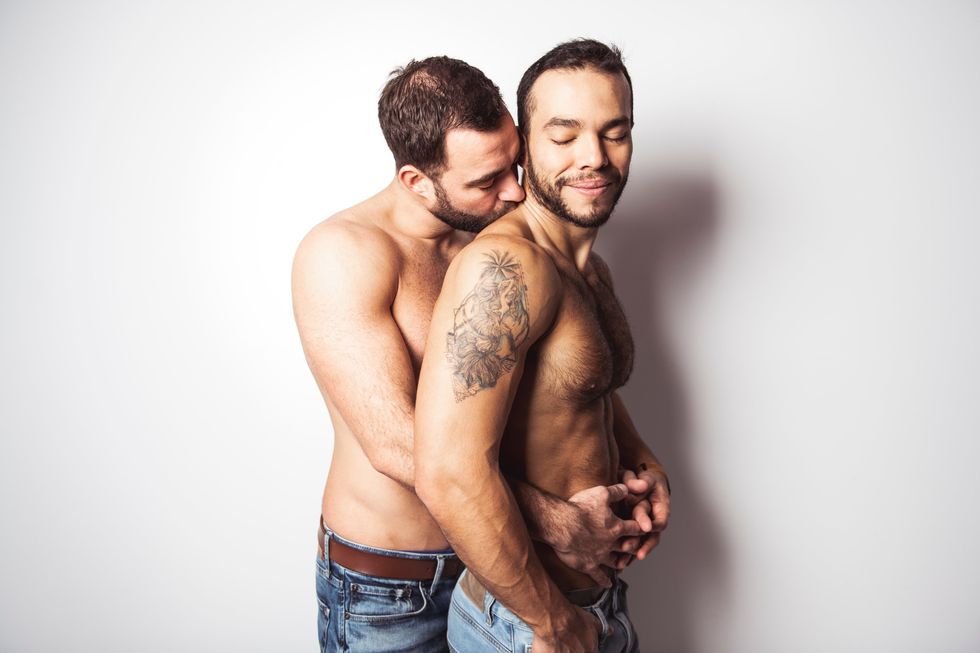
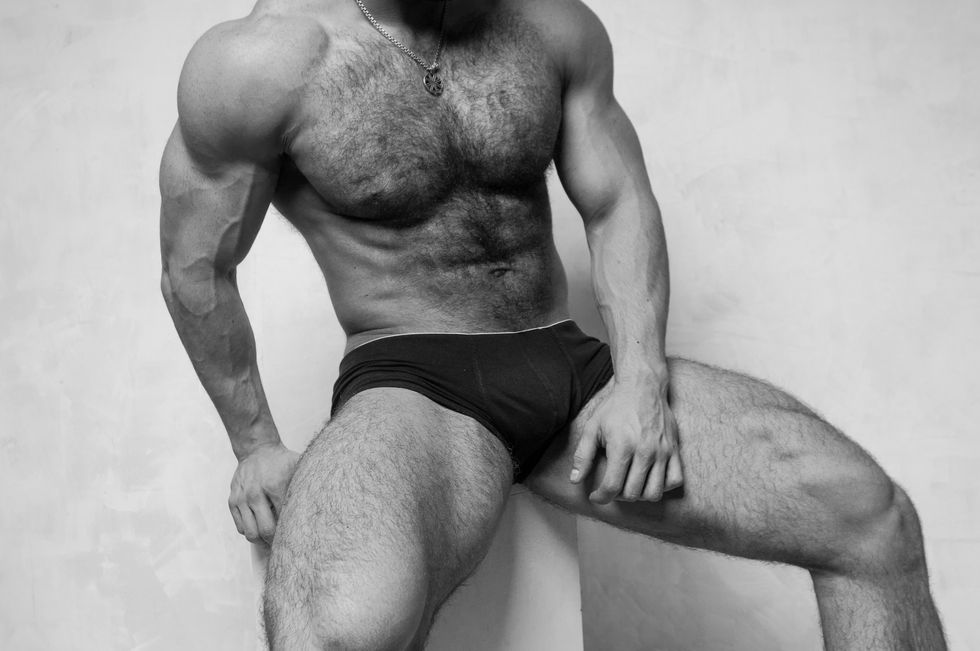
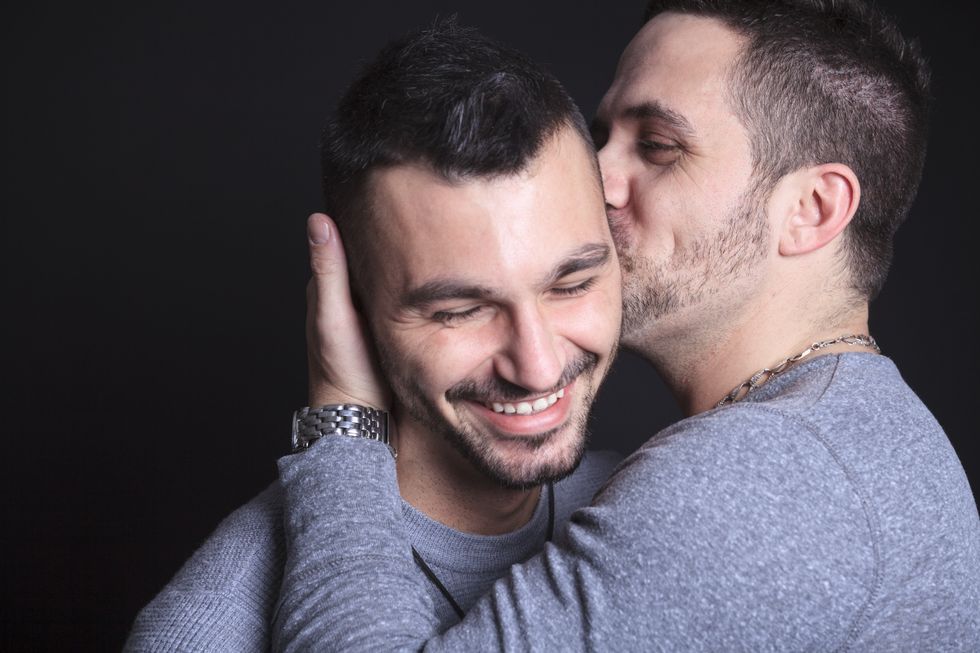



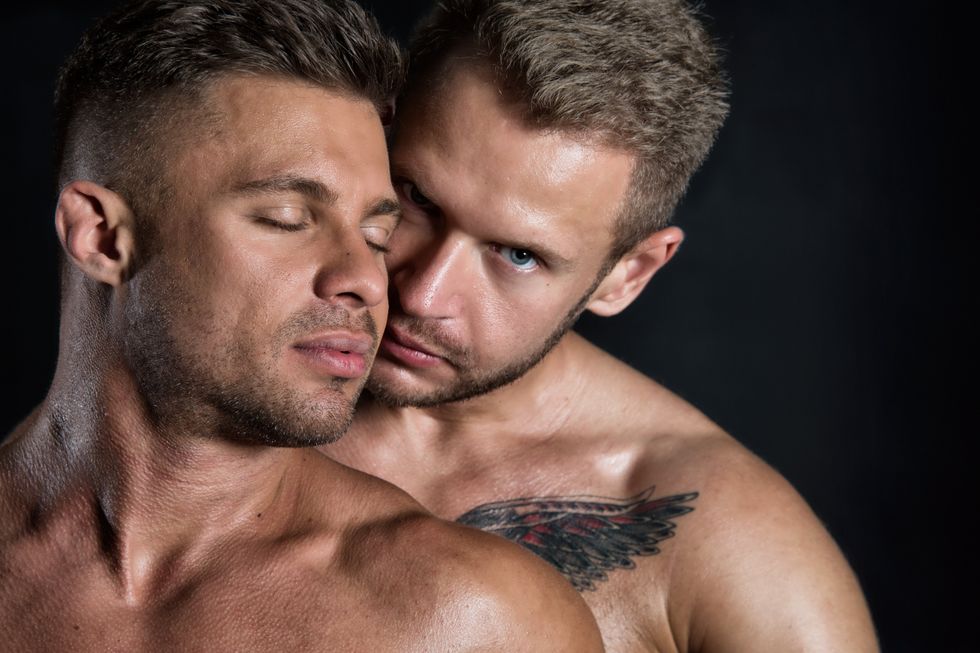


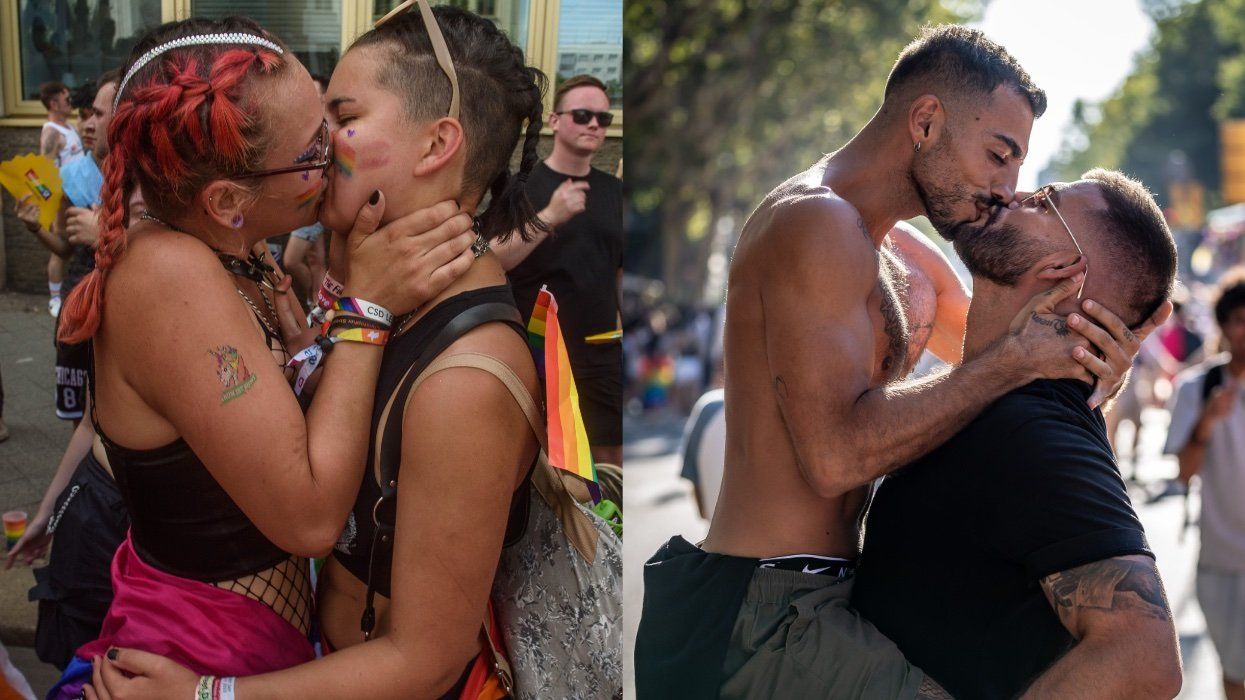
 A couple kisses in the middle of the street during the Christopher Street Day ; Men seen kissing during the 2023 Pride Barcelona Parade.Yerchak Yauhen/SOPA Images/LightRocket via Getty Images; imone Boccaccio/SOPA Images/LightRocket via Getty Images
A couple kisses in the middle of the street during the Christopher Street Day ; Men seen kissing during the 2023 Pride Barcelona Parade.Yerchak Yauhen/SOPA Images/LightRocket via Getty Images; imone Boccaccio/SOPA Images/LightRocket via Getty Images
